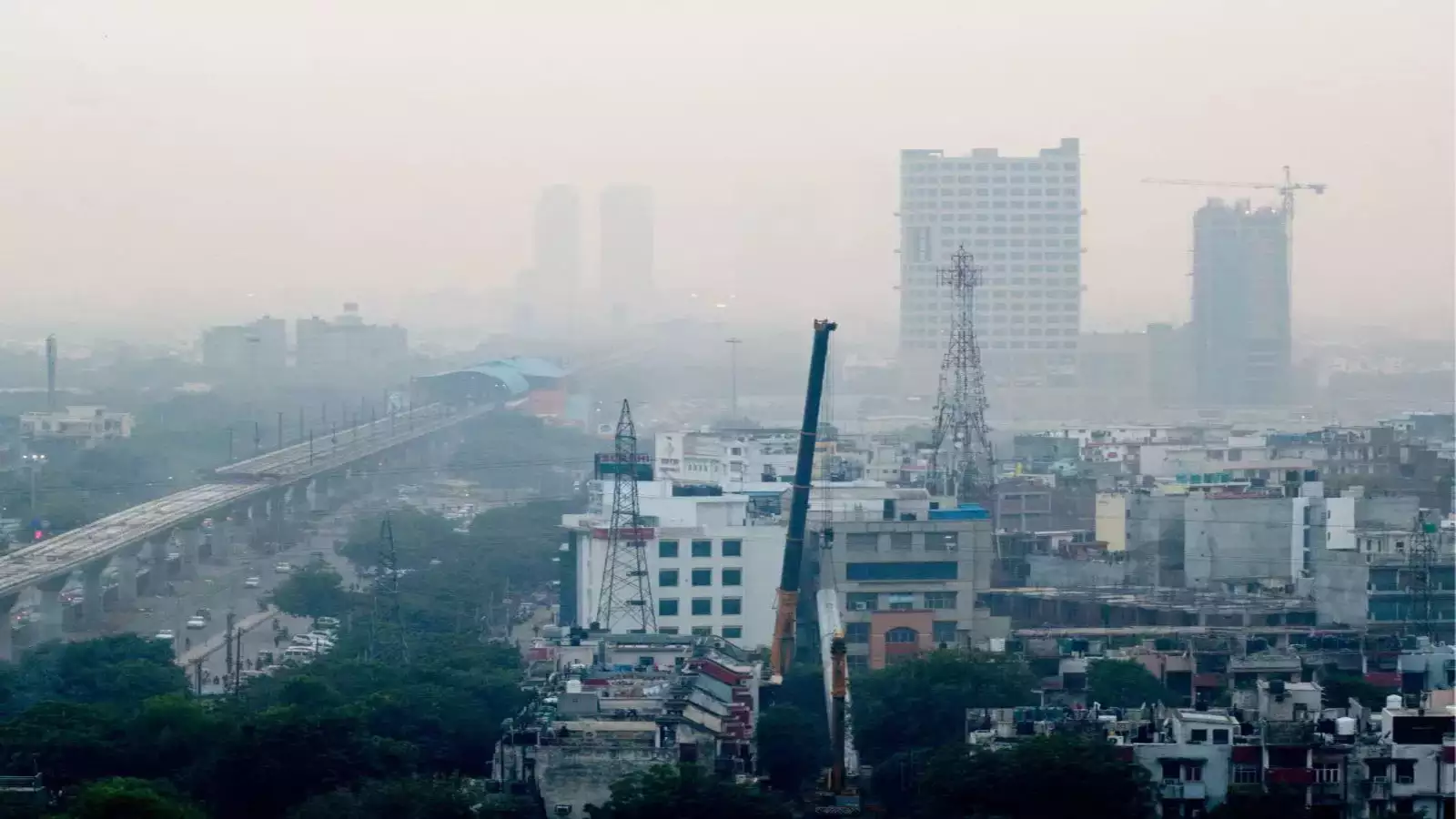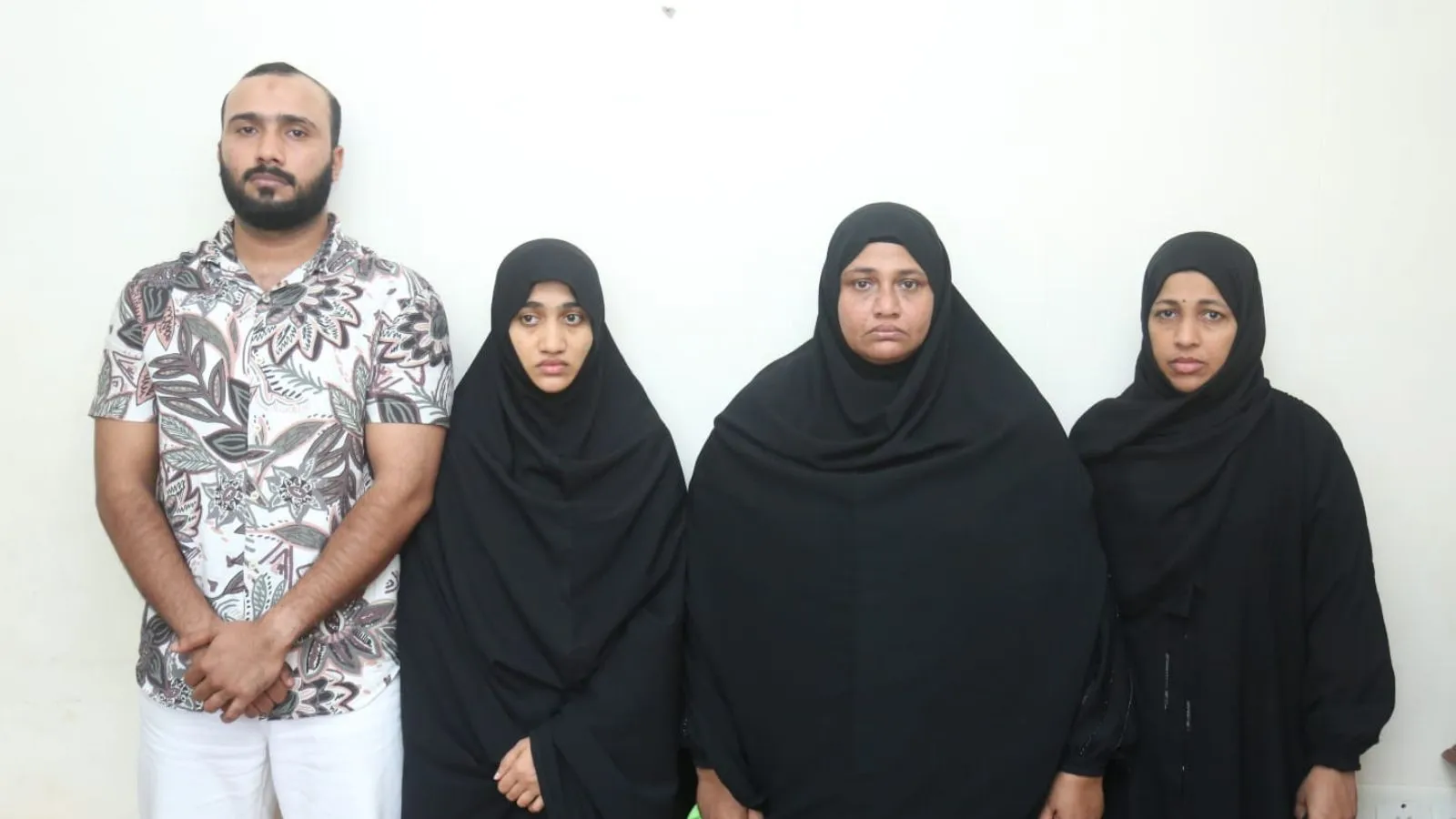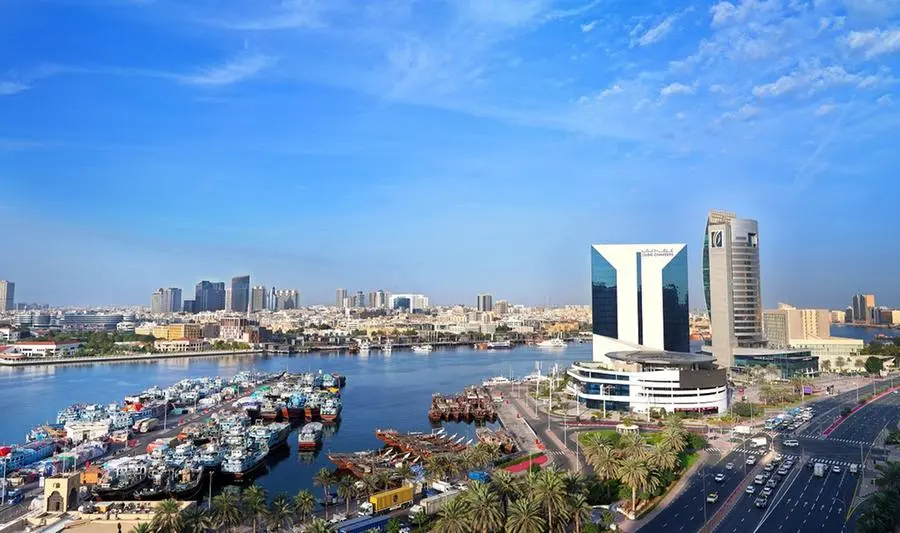-
This controversy serves as a reminder of the urgent need for sustainable urban policies, stricter emissions regulations, and greater public awareness to tackle air pollution—a challenge that affects millions of lives daily
Indian-origin venture capitalist and tech influencer, Debarghya “Deedy” Das, has ignited an online debate with his candid remarks on India’s air quality, reported gujaratsamachar.com.
Known for his sharp insights and influence in the tech world, Das, a former Google employee now based in San Francisco, shared his personal observations during a recent visit to Delhi.
In a widely discussed post on the platform X (formerly Twitter), Das expressed concern over the air quality in Indian cities, describing its effects on his health. “Every time I’m in India, I notice my eyes water more, I blow my nose more, and people, in general, cough more,” he wrote, adding, “I don’t think human bodies were meant to live like this.”
The debate underscores a long-standing issue that resurfaces every winter as smog blankets northern India. Although air quality monitoring has improved, many believe systemic challenges remain unaddressed
Recalling an encounter at a Delhi wedding, Das shared how some American guests expressed apprehension about exercising outdoors due to air quality concerns. He further criticized the narrative that pollution is restricted to Delhi winters, pointing out that cities like Bangalore also struggle with chronic respiratory issues and widespread allergies, despite being considered “cleaner.”
Das’ post quickly went viral, amassing over two million views and sparking a flurry of reactions. While many users agreed with his observations, labeling air pollution in Indian cities as a “health crisis,” others countered his claims, citing factors like individual immunity.
Supporters highlighted the need for urgent reforms to address air pollution, emphasizing its growing impact on public health. Critics, however, argued that Das’ perspective was limited, accusing him of exaggerating the issue.
***********************************************************
Readers
These are extraordinary times. All of us have to rely on high-impact, trustworthy journalism. And this is especially true of the Indian Diaspora. Members of the Indian community overseas cannot be fed with inaccurate news.
Pravasi Samwad is a venture that has no shareholders. It is the result of an impassioned initiative of a handful of Indian journalists spread around the world. We have taken a small step forward with the pledge to provide news with accuracy, free from political and commercial influence. Our aim is to keep you, our readers, informed about developments at ‘home’ and across the world that affect you.
Please help us to keep our journalism independent and free.
In these difficult times, running a news website requires finances. While every contribution, big or small, will make a difference, we request our readers to put us in touch with advertisers worldwide. It will be a great help.
For more information: pravasisamwad00@gmail.com








